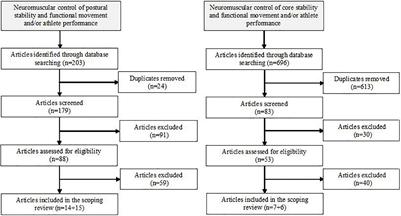EDITORIAL
Published on 12 Jul 2022
Editorial: Postural Balance Control in Sport and Exercise
doi 10.3389/fphys.2022.961442
- 1,913 views
- 1 citation
17k
Total downloads
62k
Total views and downloads
EDITORIAL
Published on 12 Jul 2022
ORIGINAL RESEARCH
Published on 18 May 2022

ORIGINAL RESEARCH
Published on 11 Apr 2022

ORIGINAL RESEARCH
Published on 28 Mar 2022

REVIEW
Published on 24 Feb 2022

REVIEW
Published on 14 Feb 2022

ORIGINAL RESEARCH
Published on 09 Feb 2022

ORIGINAL RESEARCH
Published on 27 Jan 2022

ORIGINAL RESEARCH
Published on 03 Jan 2022

BRIEF RESEARCH REPORT
Published on 27 Oct 2021

ORIGINAL RESEARCH
Published on 22 Oct 2021

ORIGINAL RESEARCH
Published on 18 Oct 2021

